
Pakistan on UNESCO 1966
A commemorative postage stamp on the 20th Anniversary of United Nations Educational, Scientific and Cultural Organization (UNESCO) (1946–1966) : 
Issued by Pakistan
Issued on Nov 24, 1966
Issued for : To commemorate the 20th Anniversary of UNESCO the Pakistan Post Office is issuing a postage stamp of 15 Paisa denomination on the 24th November, 1966.
Design : The design indicates the ‘UNESCO’ emblem enclosed by four heads of colour forming a square. The emblem appears in reverse against a grey background. The area left out by the square is also in grey colour in which appears the word ‘PAKISTAN’ in Urdu, Bengali and English in clock-wise direction. The word ‘Postage’ appears in small letters underneath the word ‘Pakistan’. The denomination figure 15 appears in reverse in the bottom left corner with the word ‘Paisa’ in black underneath. The wordings “Twenty Years” appear in white in the sky blue strip and the years “1946-1966” in black in the yellow strip.
Type : Stamp, Postal Used
Denomination : 15 Paisa
Colours : Red, Blue, Yellow, Green, Grey and Black
Size of Stamp : 36.77 x 36.77 mm
Size of Print : 33.60 x 33.60 mm
Perforation Gauge : 14 x 14 (c)
Quantity Printed : 15,00,000
Number of Stamps in each sheet : 50
Process of Printing : Litho Offset
Printers : The Pakistan Security Printing Corporation Ltd., Karachi
About :
- UNESCO is the United Nations Educational, Scientific and Cultural Organization, one of the Specialised Agencies of the United Nations system. It was created in 1946 with the purpose as defined in its constitution : “to contribute to peace and security by promoting collaboration among the nations through education, science and culture in order to further universal respect for justice, for the rule of law and for the human rights and fundamental freedom which are affirmed for the peoples of the world, without distinction of race, sex, language or religion by the Charter of the United Nations”.
- In its 20 years of existence, UNESCO has been the motivating force behind a series of inter-governmental conferences that adopted regional long-term plans to make universal and compulsory primary education in Asia, Latin America and Africa. Thus, Ministers of Educations of 18 Asian countries met in Karachi in 1960 to plan educational development in Asia. Results in the regional development programmes are reviewed periodically at UNESCO sponsored conference of ministers in regions concerned. In the face of illiteracy, which afflicts half of the world’s adult population, UNESCO has initiated selective literacy projects linked to agricultural and industrial development. At the request of Member States, UNESCO supplies experts and assistance, particularly in long-term planning, mass techniques of education, teacher-training and teaching equipment. To help the needs of South–East Asia in text-book production, UNESCO operates a regional centre in Karachi.
- Science is also one of the areas in which UNESCO has been most successful in promoting international co-operation. An outstanding example of this co-operative effort is the International Indian Ocean Expedition in which research vessels and shore stations of more than 20 nations, including Pakistan, have taken part. Another, which began in 1965, is the International Hydro-logical Decade. Under this inter-governmental programme, scientists from around the world will concentrate research on various problems relating to water resources.
- Another part of UNESCO’s science programme deals with the application of science and technology to development. Through advisory missions, regional conferences and UN Development Programme projects, UNESCO helps fill the needs of developing countries in training scientists, technicians and technologists and developing scientific and technological research. UNESCO helps staff the Chittagong Polytechnic Institute and similar facilities at Lahore and Peshawar University.
- UNESCO tries to promote the free flow of ideas by word and image and to develop and improve the means and techniques of mass communication and their use for educational, scientific and cultural purposes. It has prepared broad programme for the development of information media in Latin America, South-East Asia and Africa and has provided experts in Member States.
- In today’s world, the importance of the social sciences cannot be too strongly emphasised. In past years, UNESCO has devoted considerable attention to the social implications of technological change and to problems of race and race tensions. UNESCO encourages the development of teaching and research into the social sciences such as providing experts to the Sociology Department of Dacca University.
- UNESCO also encourages the development of libraries and museums at both preservers and disseminators of culture. In addition, the success of the International Campaign to save the Monuments of Nubia has inspired a more general International Campaign for Monuments.
- Finally, UNESCO’s Major Project on Mutual Appreciation of Eastern and Western Cultural Values has helped people of different worlds to know and understand one another. The project has fostered scholarly studies of cultural differences, the production of teaching materials for intercultural appreciation, exchanges of professors and students between East and West, translations of major works of literature and travelling art exhibitions.


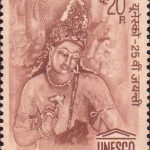
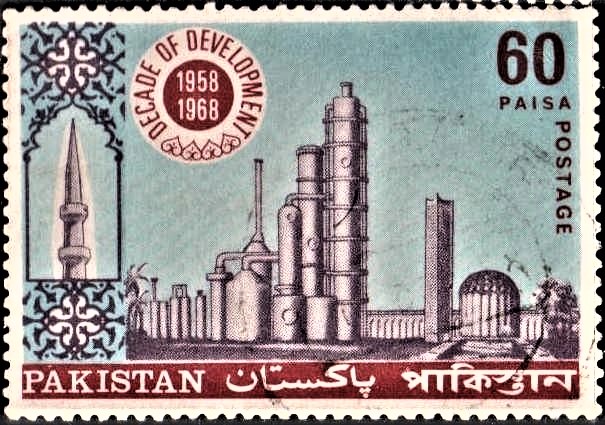
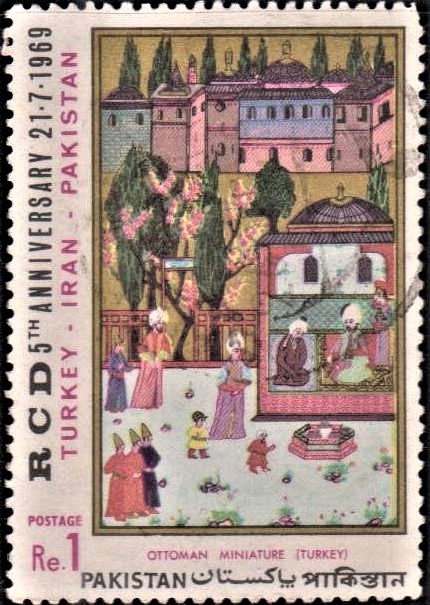

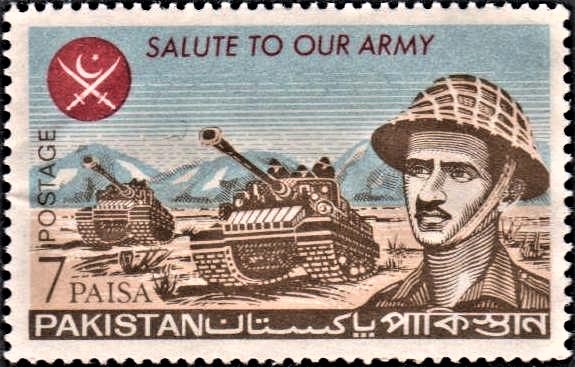
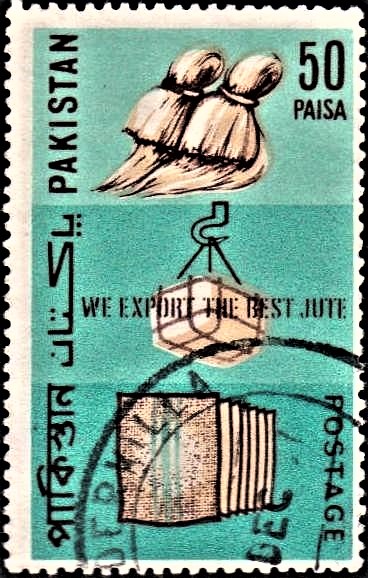
[…] objectives for International Literacy Year approved by the twenty-fourth session of the UNESCO General Conference in the autumn of 1987 […]